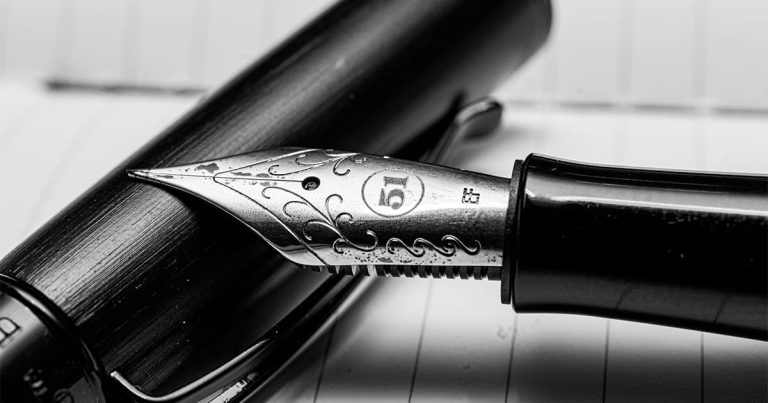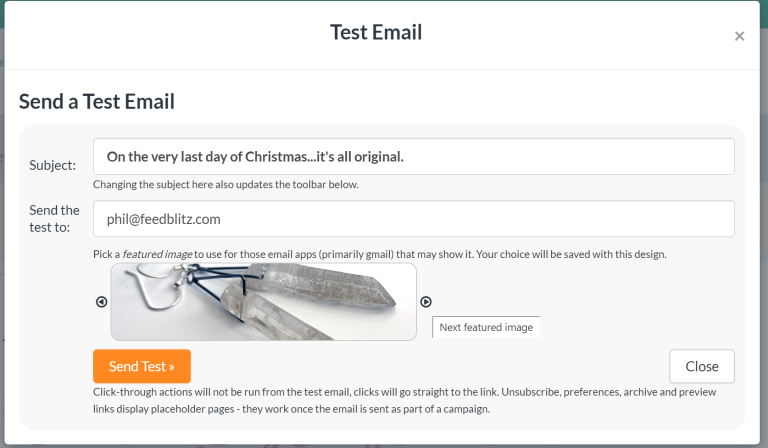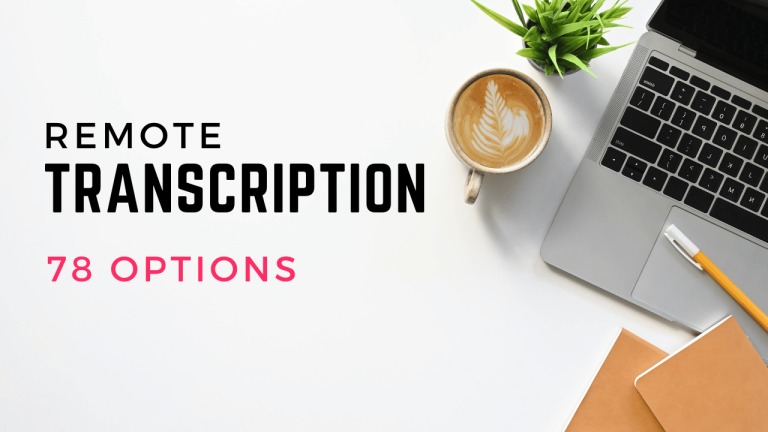Share this
INSIDE: Are you that person who always finds mistakes in books, menus, websites, etc? What if you could get paid to do that? Learn how to become a proofreader for novels in this complete guide.
Do you love to read? Do your friends always ask you to proofread their work? Does a misspelled text message or a mispunctuated sentence drive you crazy? If so, you might be well-suited for a career as an editor or proofreader.
What does a proofreader do?
A proofreader is someone who reviews documents to ensure that there are no errors. This includes:
- Spelling errors
- Grammatical errors
- Punctuation errors
- Syntax errors
- Typographic errors
A proofreader is not the same as an editor.
An editor is responsible for reviewing the first draft of a document and looking for things like sentence structure, factual accuracy, and the overall flow of a document.
Proofreading is essentially the final step in the editing process. Once the document is properly structured and pretty much ready to go, the proofreader comes in for a final check to ensure there are no lingering errors.
How do you become a proofreader?
If you’re someone who loves to read, you’re very detail-oriented, and you like working for yourself, then you might enjoy a career as a freelance proofreader. In order to become a freelance proofreader, you can start by following these five simple steps.
- Find your niche– what area of proofreading do you want to focus on? This could be anything from proofreading novels, to white papers, website content, or legal documents. While you don’t have to specialize it can help you build your expertise and reputation in a certain area.
- Educate yourself– if you want to be a proofreader then you need to be an expert when it comes to spelling and grammar. Yes, there are awesome technical tools out there to help with these things, but you need to be on top of your skills. You should also familiarize yourself with different style guides (APA, MLA, Chicago style, etc.), based on the area or niche that you choose. You can also consider if you need to take some additional schooling or a certificate course to build up your credentials in the area. While you don’t need a formal degree or certificate it can be helpful when you go to look for jobs.
- Test your skills– before you go looking for jobs you should test your proofreading skills to see how good you really are. There are different online tools and tests you can use to evaluate your skills. Freelance Writing offers a simple one that you can check out here.
- Build your resume- when you feel like you’re ready to get out there and start building your resume, you can check out sites like Upwork or Fiverr to get some experience. This is not where you are going to find high paying clients, and there is a ton of competition on these sites. However, if you just need to get experience in order to build your resume, these sites can be a good place to start. As another option, you can look to your current network to see if anyone could use your proofreading services. You could offer a reduced rate to attract clients while you are just getting started.
Also See: How to become a proofreader with no experience
Companies hiring proofreaders for novels
As a proofreader, you can decide if you want to work for yourself as a freelancer or as an employee with an established company. While freelancing gives you the opportunity to choose your hours, your fees, and your clients, it also requires you to run your own business.
If this isn’t something you’re interested in and you just want to show up (in person or virtually) and do your job then finding a position with a company might be a better fit. Here are some resources you can check out when you are starting your job search:
Online job boards
Online job boards like Indeed, Monster, Simply Hired, Flexjobs, Freelancer, and ZipRecruiter can be a good place to get started. These boards can help you find everything from full-time to part-time and freelance gigs.
You can use online job boards to search specifically for companies hiring proofreaders for novels or you can expand your search to include proofreading in other areas as well as editing or freelance writing.
Companies hiring proofreaders and editors
There are a number of companies that specialize in hiring proofreaders and editors. However, most of these companies are not specifically focused on novels. These different companies vary in terms of the application process, the qualifications needed to apply, the types of writing you will be proofreading, and the amount of pay you can expect to earn.
- Gramlee – this company claims that they are always looking to add people to their team so you might want to check it out. All you have to do is fill out an online application form and if they like what they see they will reach out to you.
- ProofreadingServices.com – they have full-time, part-time, and remote positions available. Their pay rate ranges from $19 to $46/ hour spending on turn around time – the more urgent, the more money. They also offer flexible hours and remote opportunities. You can apply online which involves answering some demographic questions and completing a multiple choice and written exam to test your proofreading abilities.
- Polished Paper – is looking for exceptional editors and requires applicants to upload their resume and then complete a 35 questions editor test. They suggest that you use outside resources such as an APA, MLA, or Chicago formatting guide if you want to do your very best.
- Proofreading Pal – as an editor at this company you can expect to make between $500 and $3,000 per month, according to their website. In terms of qualifications, they are currently looking for applicants who are enrolled as grad or postgrad students in an accredited U.S. college or university and have a minimum of a 3.5 GPA. Alternatively, you can have a graduate degree and a minimum of 5 years of proofreading/editing experience.
Expected salary for proofreading novels
How much can you expect to make proofreading novels? The answer is, it depends. The amount of money you make as a proofreader can vary based on a number of factors including:
- Experience – Newbies typically charge less than the experts
- Freelance vs. company – As a freelancer, you decide on your hourly or per word rate. If you work for a company you will have to accept their rates.
- Type of client – corporate clients tend to pay more than individual clients because they usually have bigger budgets
- Nich or genre – how much money you make as a proofreader will also decide on the niche area (science writing, business writing) or genre (youth fiction, romance) you’ve chosen.
- Timeline– you can often charge more for rush projects that need to be completed on a very tight timeline.
- Expertise – The more expertise you have in a particular area, the more you can charge.
According to a 2020 survey conducted by the Editorial Freelancers Association (EFA), the median per hour and per words rates for proofreaders are as follows:
| Proofreading task | Median per hour | Median per word |
| Fiction | $31-$35/hr | $0.02-$.029/wrd |
| Non-Fiction | $36-$40/hr | $0.02-$.029/wrd |
| Business/Sales | $41-$45/hr | $0.04-$.049/wrd |
| Medical/STEM | $41-$45/hr | $0.03-$.039/wrd |
If you are curious how proofreading fees stack up to book editor fees, proofreaders make a little bit less according to numbers from the EFA. On average, copyeditors charge anywhere from $36 to $60 /hour, whereas proofreaders were $31 to $45.
Reedsy blog suggests average quotes for proofreading a 60,000-word book in a variety of genres.
- Young Adult: $570
- Historical fiction: $660
- Memoir: $720
- Non-fiction: $750
According to The Write Life blog, the average rate for proofreading a 70,000-word book is $791 and a 120,000-word book is $1356.
Salary.com quotes the median salary for a proofreader in the U.S. is $52,625 as of September 2020, but it can range from $46,211 to $60,131.
If you decide to freelance then you have more control over whether or not you want to choose an hourly, per word, or even per page rate. The more experience you have, the easier it will be for you to decide which method works best for you. You might also find that for some projects you prefer a per hour rate but others are a better fit for per word or per page.
Tips proofreading novels as a freelancer
If a career as a freelance proofreader is intriguing to you but you have little to no experience, don’t worry, you can do it! With a little bit of hard work and some practice, you can obtain the skills that you need to become a successful proofreader. So, what does it take to get started?
Necessary skills for a proofreader
- A love for reading – it’s right there in the name, proofreader. You must love to read if you want to sustain a career as a proofreader.
- Attention to detail – if you’re a big picture person who doesn’t get caught up on details, this is not the career for you. If you constantly notice small errors in blog posts, websites, or magazine articles then you are probably well suited for a career as a proofreader.
- Strong command of the English language – you must know your grammar, spelling, and punctuation.
- Experience in a niche area – while you don’t have to pick a particular niche or genre it can help to narrow things down and focus your attention. It’s also easier to become an “expert” when you pick one or two specific areas to focus on.
- Excellent time management – if you want to keep your job as a proofreader then you need to be good with your time management. If you want to have a stellar reputation with your writing clients make a schedule to ensure that you never miss a deadline.
What do you need to get started?
- A quiet place to work- to be an effective proofreader, you need to be able to focus. As a freelance proofreader, you will often have the luxury of designing your own schedule. So, if you need to wait until your kids are at school or in bed to find some quiet time, that shouldn’t be a problem.
- Access to essential reference books – you will want to have quick access to the different writing style guides like APA, Chicago Style, MLA etc. It will depend on the type of documents that you are proofreading. You may also want to invest in a great grammar guide.
- A portfolio – whether you want to find a proofreading job with a company or start your own freelance business, your future boss or clients are going to ask to see some of your previous work. You can set up a free portfolio on sites like Contently, or you can also consider setting up your own website. A website can help you to appear more established and professional, especially if you are looking to set up a freelance business.
- Tech writing tools – While there is no technological replacement for a human proofreader, there are some awesome software options. You can check out companies like Grammarly which offers free and paid versions of their helpful writing software.
- Your first client – you can have the nicest portfolio and take all of the proofreading courses known to mankind but if you want to make it as a proofreader you need to find your first client. Reach out to your network and let everyone know that you are offering proofreading services. Continue to find new contacts by attending networking events (these can be online), and by reading out on social media.
Final thoughts about how to become a proofreader for novels?
After reading through this article does a career as a proofreader seem like a good fit for you? Also, did you find any spelling or grammatical errors? If so, I obviously did that on purpose!
A career in proofreading might not sound exciting for everyone but if you love to read, you pay attention to details, and you’re passionate about helping writers create amazing finished products, then you should try it out.
Whether you choose to proofread novels or academic papers, go with an established company or try freelancing, focus on independent or corporate clients, the opportunities are limitless!
–By Jessica Martel










